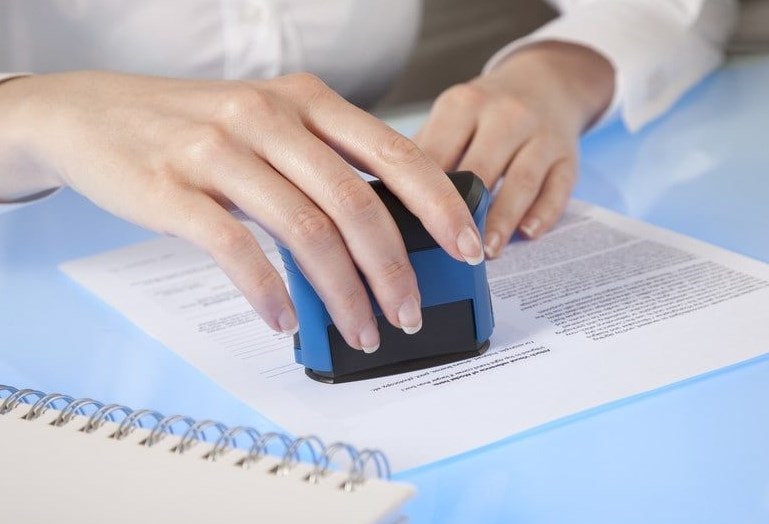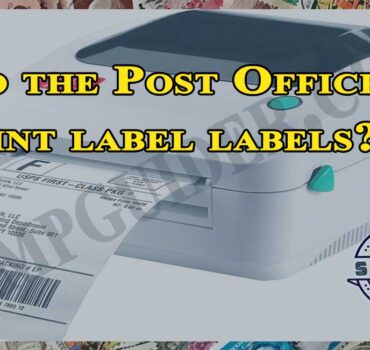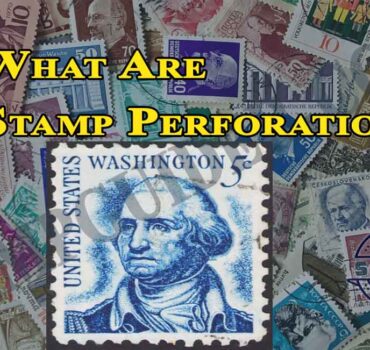When you’re on time to sign and deliver a legal document, going through the extra step of having your signature witnessed by a notary can be overwhelming. After all, most of us don’t have a speed dial notary public. However, notarization is an integral part of the legal process. This helps prevent frauds and misunderstandings, which would cause much more headaches in the future.
This does not facilitate the search for a notary. Fortunately, the United States Postal Service (USPS) is doing its part to make the process less stressful.
Table of Contents
USPS Notarization
The USPS is a federal institution that controls the United States Post Office (for more information, see History of the United States Post Office). Because the USPS is a federal institution and notary licenses are issued by states, the USPS cannot offer notary services.
However, many US post offices have contracts with private companies in the same building to provide trade recognition services. Therefore, although you will go to the US Post Office to authenticate your documents, the Notary Public will not be hired by the US Post Office.
Not all post offices in the United States offer this service, so be sure to call before you visit your local post office. To locate US mail near you, visit the USPS Find Locations website.
Why notify documents needed?
For some documents, it is important to have a notary present for the signature. For documents that require a verified identity, it is important to have official recognition that the signature is valid. A notary ensures that each person is who they claim to be and that they can participate.
According to the Entrepreneurship In A Box business resource website, “Notarization proves that the identity of both parties is real and not a stolen or fake identity. This prevents fraud and ensures the proper execution of any document or contract. Financial institutions generally require it when a transaction is required in connection with a property. ”
What is notarization?

Certain legal documents, such as wills, trusts, deeds, contracts, and affidavits, must be notarized to have legal effect. Notification is the process by which a legal document is signed, sealed, and attested to by a licensed notary public. According to the National Notary Association, “Notarization is the official fraud deterrent process that assures parties to a transaction that a document is genuine and reliable. Above all, notarization is the guarantee by a duly appointed and impartial notary public that a document is authentic, that its signature is authentic and that its signatory has acted without coercion or intimidation, and intended that the terms of the document be in full force and that it is done. ”
More simply, signature recognition is a three-part process, carried out by a notary public, which includes:
- Verification: the notary analyzes the document to be authenticated to ensure that the document is authentic.
- Certification: The notary public confirms that the person signing the document is the same person named on the document. In addition, the notary confirms that the signatory understands the document and signs it voluntarily.
- Record Keeping: All transactions witnessed by a notary are recorded in an official ledger, with the names and information of the people who signed the notarized document.
Once the notary has verified these three steps, the documents will be registered with the notary’s stamp and signature and returned to the appropriate parties.
Does the Post Office Have a Notary?
Without a practicing notary, you can often ask yourself: “Where is a notary near me?” Contrary to popular belief, you will not find a notary at the public post office. Notaries are a state service and the post office is a federal agency. As a federal agency, the post office cannot provide notarial services.
The most convenient way to access a notary public would be to visit a local bank. Instead of looking for a post office, consider going to a private consignment store. In addition, there are specific registrars that specialize in serving their communities.
What you need for your visit to the notary
If the United States Post Office near you has a Notary Public in your building, you will need to bring the following documents for your authentication:
- Valid government issued photo ID: This document will be used by the notary public to verify your identity before signing your documents.
- Document to authenticate: Make sure that the document you bring is the original unsigned version.
- Notarization fees: Company recognition fees are specific to the State. However, most notaries charge $ 10 to $ 30 depending on the state.
- Witness (if applicable): Some legal documents require that a witness be present when signing. Although some US post offices have staff available to act as witnesses, this is not guaranteed. Therefore, giving your own testimony is the safest option.
Benefits of having an internal notary
There are many advantages to having a notary public in your office. While there are many convenient ways to access a notary public, there are significant benefits to investing in having an in-house employee certified as a notary.
Having an in-house notary is a great way to streamline the most complex business processes that deal with confidential and important documents and require a witness for signing. Obviously, the most convenient way to access a notary for your business would be to have an office worker certified as a notary.
With an in-house notary, you don’t have to travel to and from the bank or the notary. This will reduce wasted time and streamline the work. In addition, it will reduce the fees you pay if you go to most public notaries.
Additionally, having an in-house notary can be a way to gain additional clients, especially if your business is a bank or a transport agency.
Additional places of public notaries
If the U.S. Post Office near you does not offer notary services, other places to consider include:
- Mobile Notary Services: Mobile notary services are by far the most convenient as they will come to your home or office to authenticate your document. However, they are also generally the more expensive option.
- Banks: Most banks have a notary public available at all times. Some banks authenticate documents for free if you have an account with their branches.
- Courts: Courts have notaries available during normal business hours. Typically, the county registry processes signature recognition requests.
- Shipping and Packing Stores: Many packing, shipping, and parcel stores, such as UPS, will have a notary on staff. It’s usually best to call ahead to confirm that a notary public is available.
- Real Estate / Law Firms: Many real estate and legal firms have in-house notaries. If they don’t, they can usually tell where the nearest notary is.
Although the USPS cannot offer notarial services, they are working to find ways to continue to provide this essential service. For more information on the services offered by the USPS, see our USPS guides.


